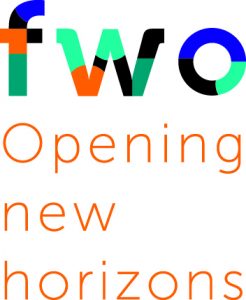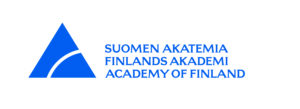
Adopting an evidence-based approach to REthinking MEdia Literacy and DIgital Skills in Europe, REMEDIS seeks to provide a framework for evidence-based evaluative research of media literacy and digital skills. REMEDIS aims to inform practitioners and policymakers about so far severely underdeveloped evidence that links interventions around different types of media literacy and digital skills in different life domains (such as education, identity development, social relations) to different types of positive outcomes in terms of (digital) inclusion and wellbeing. REMEDIS makes a leap across disciplines to realise its four objectives:
- to improve existing theoretical knowledge about the actual outcomes of interventions, paying special attention to target groups (such as disadvantaged youth, refugees, people with lower SES);
- to improve and enhance existing media literacy and digital skills intervention strategies based on the existing and emerging evidence generated across the different geographical and cultural contexts represented by the REMEDIS partners;
- to adopt advanced methods, develop and validate instruments for evaluating interventions by using a range of outcome measures;
- to produce evidence-based policy recommendations and develop a user-friendly, customisable evaluation toolkit.
REMEDIS adopts an evidence-based flow in which each WP provides the inputs for each subsequent WP. WP1: The development of a systematic evidence review will enable us to identify the driving forces and outcomes of media literacy and digital skills and characteristics of potentially effective interventions that lead to positive outcomes. WP2: Co-development of enhancements and improvements of interventions considered promising for fostering (digital) inclusion and wellbeing. WP3: Evaluation and validation of a selected interventions informed by the findings of WP1&2, using randomised experimental evaluations and innovative quasi-experimental methods. WP4: Integration of results with key policymakers/practitioners, leading to the development of evidence-based policy recommendations and an evaluation toolkit.
CONSORTIUM:
- Project Leader: Leen d’Haenens, KU Leuven, Institute for Media Studies, Belgium, e-mail
- Ellen Johanna Helsper, London School of Economics and Political Science (LSE), Media and Communications, United Kingdom
- Margus Pedaste, University of Tartu, Institute of Education, Estonia, e-mail
- Miguel Ángel Casado, University of the Basque Country, Audiovisual Communication and Advertising, Spain
- Katariina Salmela-Aro, University of Helsinki, Educational Sciences, Finland
- Lukasz Tomczyk, Uniwersytet Jagielloński, Faculty of Philosophy / Institute of Pedagogy, Poland, e-mail
- Terhi-Anna Wilska, University of Jyväskylä, Department of Social Sciences and Philosophy, Finland, e-mail
COOPERATION PARTNERS:
- Elzbieta Chudoba, International House Integra Bielsko
- Jorge Flores Fernández, PantallasAmigas
- Jenni Jävelä, Economy and Youth TAT
- Helen Milner, Good Things Foundation
- Hans Martens, European Schoolnet
- Margus Püüa, Education and Youth Board of Estonia
- Malgorzata Machaj, Śląskie Centrum Edukacji i Rehabilitacji “Arteria” w Katowicach
- Christa Prusskij, The Finnish Society on Media Education
- Antti Rammo, Star Cloud LLC
- Ludo Deferm, Mediawijs
- Fay Lant, National Literacy Trust
- Roberto Alvarez Angulo, Gaptain
- Elizabeth Gosme, COFACE Families Europe
- Ilona Kish, Public Libraries 2030
 Start date
Start date
1 October 2022
 Project duration
Project duration
24 months
 Project budget
Project budget
€ 1 135 744
Funding organisations

![]()
![]()

![]()

![]()